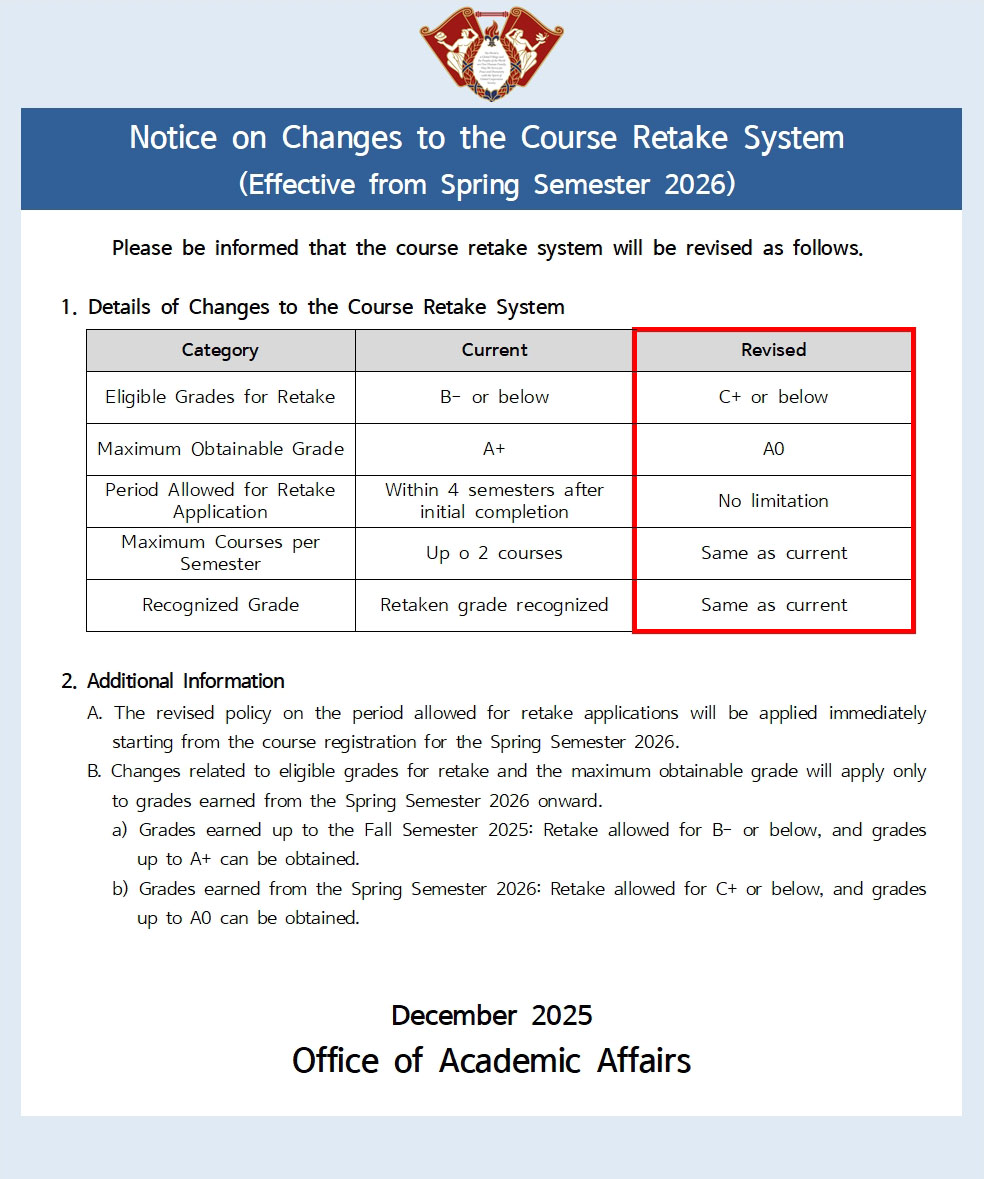[Culture] Yakgwa Craze Among the Gen MZ
Recently, the Millennials and the Generation Z (Gen MZ) have been
captivated by the charm of a traditional Korean dessert, yakgwa. With its
surging popularity, buying yakgwa has become as competitive as securing tickets
for idol concerts. This phenomenon has birthed a new term, “yakgetting”, a
blend of yakgwa and ticketing.
Data from the Shinsegae Group shows that sales of hangwa,
traditional Korean sweets which include yakgwa, surged by 50% in the first four
months of this year compared to the same period last year. The most notable
sales growth was among those in their twenties and thirties, with an impressive
165% increase for the former and 50% for the latter.
In contrast, there were a 40% increase among those in their forties
and a 30% uptick for individuals in their fifties. This trend clearly indicates
that yakgwa is especially popular among the younger generations, with Gen MZ at
the forefront of this yakgwa resurgence.
The Korean Traditional Dessert, Yakgwa
Yakgwa is a traditional Korean deep-fried cookie crafted by shaping
a dough of flour, honey, and oil using a mold and then frying it. Historically,
yakgwa was viewed as a luxury confectionery because of its use of then-scarce
ingredients such as sesame oil, honey, and other exclusive materials. As a
result, it was reserved for special occasions like the first month of the year,
rites of the passage, traditional holidays, banquets, and religious ceremonies.
The term yakgwa combines yak, meaning medicine, with gwa, denoting
confection. Thus, yakgwa translates as a medicinal confectionery. The liberal
use of honey, considered beneficial and medicinal back then, influenced its
name. In modern times, with easier access to ingredients, yakgwa is readily
available and has transitioned into a snack enjoyed casually everywhere.
The Reason for the Yakgwa Trend
The rising popularity of yakgwa can be linked to recent trends in
retro culture and a heightened interest in healthy food. Currently, yakgwa is
seen as a hallmark of the emerging “halmaenial” trend. Halmaenial combines
halmae, meaning grandmother in the Korean dialect, with the millennials, which
denotes the generation born between the 1980s and 1990s. This halmaenial trend,
rooted in retro appreciation, emphasizes the foods and cultural practices cherished
by grandparents.
This growth is influenced by “funsumer” trend, which is a new
consumption behavior of Gen MZ. Funsumer merges fun with consumer, describing
those who find joy not only in purchasing but in the entire consumption
process. Given this, Gen MZ’s approach to consumption, where they infuse new
elements or modify traditional ones, emerges as the central catalyst for the
halmaenial movement.
Various Yakgwa Fusion Desserts
The yakgwa trend is gaining momentum in popularity through a plethora
of combinations and products that incorporate yakgwa. These transformations
range from easy home-made concoctions to sophisticated desserts curated by
cafes and established yakgwa brands.
Among the myriad yakgwa variations, the yakgwa cookie stands out as
a favorite. This delightful treat comprises a piece of yakgwa atop a
western-style cookie and is readily available at cafes, convenience stores, and
other outlets. The combination of the chewy texture of yakgwa and the moistness
of the cookie create a perfect balance, making it one of the most sought-after
combinations.
Moreover, innovative yakgwa variations have been introduced by
yakgwa brands. A notable example is Beodeulgol Yakgwa’s Pastry Yakgwa,
celebrated for its crisp texture and multi-layered dough, enhancing its
richness. Another unique offering is Mannadang’s Dumpling Yakgwa. Distinct
ingredients like jujube and ginger set it apart from traditional yakgwa,
cementing its status as both a healthy and sweet snack.
Yakgwaflation, and the Problem That
Accompanies
On the other hand, there are also critical perspectives regarding
the “yakgwaflation”. Yakgwaflation is a blended term of yakgwa and inflation,
referring to the phenomenon where the price of yakgwa increases excessively.
Especially around May, when the dessert was at the peak of its popularity, the
price of one yakgwa cookie exceeded 5,000 won, causing many consumers to feel
burdened.
Moreover, some consumers expressed their disappointment with the
excessive commercial exploitation of the trend, stating that yakgwa is being
incorporated into all desserts merely to increase the prices. Soaring prices
could tarnish the reputation of yakgwa, a cherished Korean delicacy. As a
result, consumers should remain alert and judicious, while sellers should grasp
the gravity of this issue. On a national level, it seems that various measures
need to be established to prevent yakgwaflation.
The yakgwa trend is making a significant contribution to growing
interest in traditional Korean food, yakgwa. This trend played a crucial role
in breaking away from the perception that yakgwa is solely a food used during
ancestral rites, thereby transforming its image.
Recently, alongside the surge in yakgwa’s popularity, juak, a traditional Korean rice cake, is also garnering attention from Gen MZ. This trend is forecasted to persist, with various traditional Korean foods likely to captivate many. Such foods will undoubtedly hold a prominent place in people’s daily lives in the coming years.
There are no registered comments.
I agree to the collection of personal information. [view]


